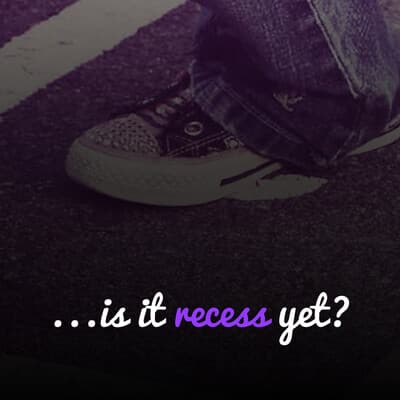Arts
Subscribe to the podcast here! 2:32 - Celia talks about growing up in a musically and artistically eclectic family and how she got started on the viola.9:18 - Celia talks about what motivated her to play classical music.11:55 - Celia talks about what it's been like to be a bi-racial, black woman in classical music and why she started to feel self-conscious about her race in high school and college. Her experiences of invisibility as she rose into the "higher spaces" within classical music.21:05 - Celia and I talk about how "blind auditions" in orchestra auditions are not actually fair because the final rounds of auditions are not behind a screen, in most cases.22:26 - Celia and I talk about colorism: "the whole construct is that light is good and dark is bad and anything in between is related to those two ends of the spectrum."24:09 - We discuss code-switching in different spaces. Sphinx Organization. 27:06 - We discuss white supremacy and the elevation of white beauty. 36:19 - Why representation is imperative in connecting with our communities: "Play a piece by a person of color."38:02 - What Celia would do to increase representation in classical music organizations. "[Classical music] is not a bubble."40:52 - The problem of "universalism" in classical music and the notion that Western classical music is the "best" music. "We have to expand the canon. We have to go beyond what is comfortable."45:20 - We discuss "the pursuit of perfection versus creativity" in classical music. "We're trained to seek perfection....I have felt that creativity was secondary. The pursuit of technical brilliance came first and I wish that weren't true." 48:42 - What Celia would tell her younger self: "She deserves to be in the room. There are forces at play that will make her doubt that and it will be there but you have to stand up. You have to speak up. You have to take up space because you deserve it."50:26 - We discuss becoming aware of institutional racism and Celia's lifelong feeling that she was "weak" and my lifelong feeling that "I wasn't enough." "I'm not crazy. You're not crazy."

